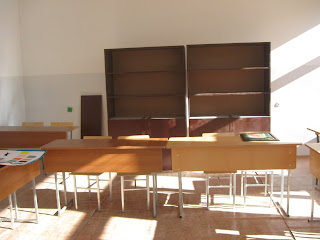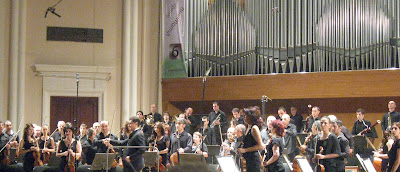Today is December 26 , 2012, but this
blog was written on Friday, December 21, the day the world was supposed to end. Here’s the story as written on that day………….
It is Friday, December 21, 2012 at 10 am
and Dave and I are in the Moscow, Russia, airport awaiting our next flight
headed towards vacation in Costa Rica. The world is supposed to be ending right
now! But it is not ending, at least not here.
Travelers continue to rush to their gates, grab quick meals at expensive
airport cafes, and tend to crying children who’d rather be at home than hanging
out in an airport.
Contrary to predictions that planets would align and trigger a
series of earthquakes and floods which would wipe out the world’s population,
we are still here. And we met a delightful Armenian diasporan young woman who drank a cup of coffee with us as we waited our fate.
 |
| Little girl with her dog, waiting for the world to end.....or ...maybe her next flight out of the Moscow airport |
Contrary to predictions that planets would align and trigger a
series of earthquakes and floods which would wipe out the world’s population,
we are still here. And we met a delightful Armenian diasporan young woman who drank a cup of coffee with us as we waited our fate.
 |
| Lori, young Armenian woman we met in the Moscow airport as we waited for the world to end or for our next flight. The world did not end. Our flight left on time and so did Lori's. |
According to the Moscow News, Reuters
reports that 10% of the world’s people believed the apocalypse would occur and
the world would end with the Mayan calendar in 2012. Back in Armenia, many of my students
expressed concern about these “the end is nigh” predictions. A few students
said they would skip classes on this foreboding day so they could be with their
family in their last moments.
As Dave and I ignore what we believe to be just another doomsday prediction, we embark on our long awaited vacation to Costa Rica to be followed by visits to family in the U. S. As many others both today and previously, we do not support such predictions of the world’s demise and find it merely interesting material to read about as we wait in the airport. The Moscow News article states that the world is unlikely to end yet paranoia persists. Of course, entrepeneurs and hucksters alike see $$$$$$ ( or drams or rubles) in their future. An apocalypse kit is apparently available and contains a rope, vodka and other supplies one might need in their last hours.
It is now 3:15 pm and we are about to land in London to await our long flight to our destination in San Jose, Costa Rica. We escaped the apocalypse and feel ready to enjoy a few weeks of family time before returning to Peace Corps service in Armenia. Not being one to say “I told you so”, I still know it was the right thing to do…….to ignore the warnings, proceed with business as usual and leave the apocalypse worries to others.
 |
| Dave, Chris, and Dottie take a stroll on the beach in Costa Rica |
Where were you on December 21, 2012, the day the world was to end???





































